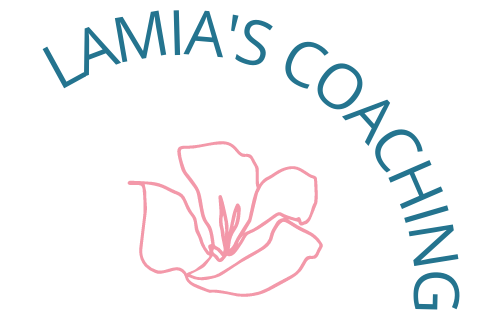Currently, the scientific community agrees that – “given the lack of evidence supporting it, we argue against a premature incorporation of sugar addiction into the scientific literature & public policy recommendations.”
Readings on the topic:
The HAES files: Exploring Food Addiction By Marsha Hudnall, MS, RD
Sugar Addiction: A Summary of the Science By Marci Evans, RD
Food Addiction: What does the research say? By Maci Evans
Is Sugar actually addicting and inflammatory by Robyn Nohling
You aren’t addicted to sugar, but here’s why you might think you are by Emily Fonnesbeck, RD
Are you addicted to food by Sydney Cochran, MS, RD, LD
Scientific References:
Westwater ML, Fletcher PC, Ziauddeen H. Sugar addiction: the state of the science. Eur J Nutr. 2016;55(Suppl 2):55-69. https://pubmed.ncbi.nlm.nih.gov/27372453/
Lenoir M, Serre F, Cantin L, Ahmed SH. Intense sweetness surpasses cocaine reward. PLoS One. 2007;2(8):e698. Published 2007 Aug 1. https://www.ncbi.nlm.nih.gov/pmc/articles/PMC1931610/
Jansen E, Mulkens S, Jansen A. Do not eat the red food!: prohibition of snacks leads to their relatively higher consumption in children. Appetite. 2007 Nov;49(3):572-7. https://pubmed.ncbi.nlm.nih.gov/17490786/
Avena NM, Rada P, Hoebel BG. Evidence for sugar addiction: behavioral and neurochemical effects of intermittent, excessive sugar intake. Neurosci Biobehav Rev. 2008;32(1):20-39. https://www.ncbi.nlm.nih.gov/pmc/articles/PMC2235907/
Ziauddeen H, Fletcher PC. Is food addiction a valid and useful concept? Obes Rev. 2013 Jan;14(1):19-28. https://pubmed.ncbi.nlm.nih.gov/23057499/

